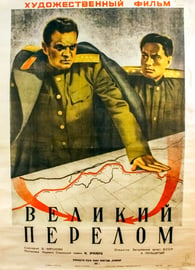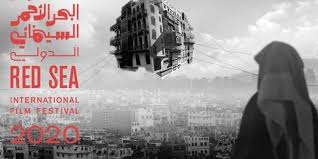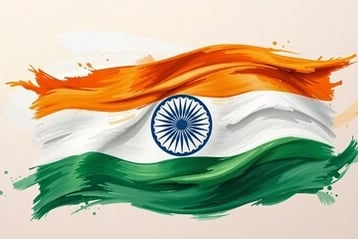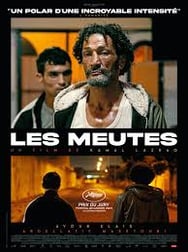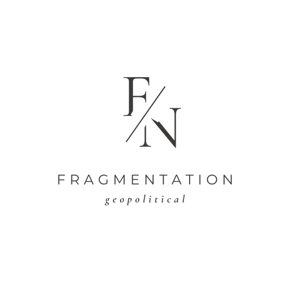The Soft Power of the Cannes Film Festival: A Geopolitical Perspective
This article explores the Cannes Film Festival as a powerful tool of soft power in global geopolitics. Drawing on Joseph Nye’s concept of soft power and Pierre Bourdieu’s theory of cultural capital, we analyse how Cannes enables nations to project influence, shape narratives, and enhance international prestige through cinema. We illustrate these dynamics with references and examples of films that have played significant roles at Cannes, focusing on recent cases from Saudi Arabia, India, and Africa.
CULTURE
Olivier Demain
5/8/20244 min read
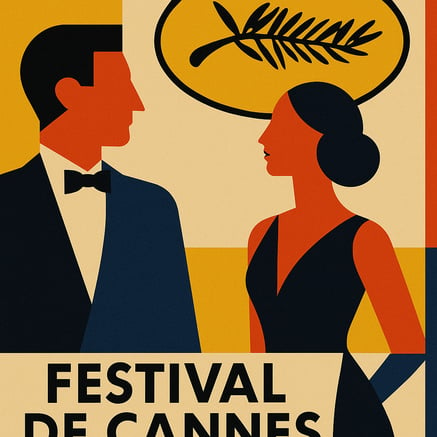

The Soft Power of the Cannes Film Festival: A Geopolitical Analysis with References and Film Examples
Soft power, as defined by Joseph Nye, is the ability to attract and persuade rather than coerce, using culture, values, and policies as instruments of influence. The Cannes Film Festival, since its founding in 1946, has served as a unique diplomatic and cultural arena where states, filmmakers, and industries compete for recognition and legitimacy. The festival’s awards and selections act as forms of “institutionalised cultural capital,” amplifying the global standing of participating nations and their cinematic narratives.
Cannes as a Diplomatic and Geopolitical Stage
Cannes was established with clear geopolitical motivations: to provide an international cinematic forum that could counter fascist discourses and foster transnational dialogue in the postwar era. Over time, it has evolved into a volatile nexus of aesthetic idealism, commercial interests, and hard-nosed geopolitics. The festival’s selections and awards often reflect shifting power dynamics and cultural priorities on the world stage.
Example: Soviet Union and Czechoslovakia (1946)
At its inaugural edition, Cannes awarded the Grand Prix to films from the Soviet Union (The Turning Point) and Czechoslovakia (Men Without Wings), signalling a diplomatic gesture toward Eastern Bloc countries during the early Cold War.
Cinema as Soft Power: Theoretical Framework
Cinema’s global reach makes it a potent instrument of soft power. According to Bourdieu, film awards represent “institutionalised cultural capital,” converting artistic achievement into geopolitical influence. Countries with strong film industries (France, Italy, the US) have historically dominated Cannes, but the festival increasingly serves as a platform for emerging nations to assert their cultural identity and influence.
Saudi Arabia: Strategic Cultural Investment
Saudi Arabia’s presence at Cannes has grown rapidly through the Red Sea International Film Festival, which financed or co-financed eight films for Cannes’ 76th edition, including the opening film Jeanne du Barry (Maïwenn), Les filles d’Olfa (Kaouther Ben Hania, in competition for the Palme d'Or), and Goodbye Julia (Mohamed Kordofani). This investment is part of a broader effort to reshape the kingdom’s international image and diversify its soft power, despite ongoing criticism of its human rights record. As noted by festival director Thierry Frémaux, Saudi Arabia’s evolving film industry is now a visible force at Cannes, supporting not only Saudi but also Arab and African cinema.
India: Expanding Global Influence
India’s growing influence at Cannes is documented in Namaste Cannes: The Rise of India’s Soft Power at the World’s Premiere Film Festival, which highlights how Indian auteurs such as Satyajit Ray (Pather Panchali) and contemporary filmmakers have leveraged Cannes to expand India’s global cultural reach. Indian films have earned critical acclaim and global distribution deals at Cannes, reinforcing India’s status as a major soft power actor.
Africa: New Narratives and Recognition
African cinema’s rising profile at Cannes is supported by international financiers and funds like the Red Sea Fund and Afreximbank. At the 2023 festival, four African films won awards in the “Un Certain Regard” section, including Les Meutes (Kamal Lazraq, Morocco). This marks a shift toward more diverse storytelling and cultural representation, with African filmmakers using Cannes as a platform to assert their narratives and attract global investment.
The Festival as a Soft Power Actor
Cannes’ programming, jury decisions, and market dynamics are imbued with geopolitical significance. The festival’s ability to amplify or marginalise certain voices reflects broader international trends and priorities. For example, the inclusion of films like Inchallah un fils (the first Jordanian film selected at Cannes) demonstrates how emerging film industries use Cannes to gain visibility and legitimacy.
The Cannes Film Festival exemplifies the intersection of culture and geopolitics, serving as a powerful instrument of soft power for nations seeking to shape global narratives. Through its awards, selections, and market, Cannes not only reflects but actively shapes international cultural diplomacy. As new players from the Global South and the Middle East assert their presence, Cannes’ role as a geopolitical actor in the realm of soft power is more significant than ever.
Additionnal reading on this topic:
https://shs.cairn.info/article/GEOEC_058_0009/pdf?lang=fr
https://fr.timesofisrael.com/au-festival-de-cannes-le-soft-power-saoudien/
https://egrove.olemiss.edu/cgi/viewcontent.cgi?article=3761&context=hon_thesis
https://www.linkedin.com/pulse/hustle-flow-46-african-films-shine-cannes-soft-power-list-marie
https://www.middleeasteye.net/discover/cannes-film-festival-saudi-arabia-cinema-money-make-splash
https://www.imemo.ru/en/publications/periodical/meimo/archive?article_id=10169
https://www.academia.edu/27351747/Making_heritage_at_the_Cannes_Film_Festival
https://egrove.olemiss.edu/hon_thesis/2750/
https://thearabweekly.com/saudi-arabia-showcases-growing-cinema-soft-power-cannes-festival
https://les-yeux-du-monde.fr/actualites-analysees/18634-le-festival-de-cannes-stars-paillettes/
